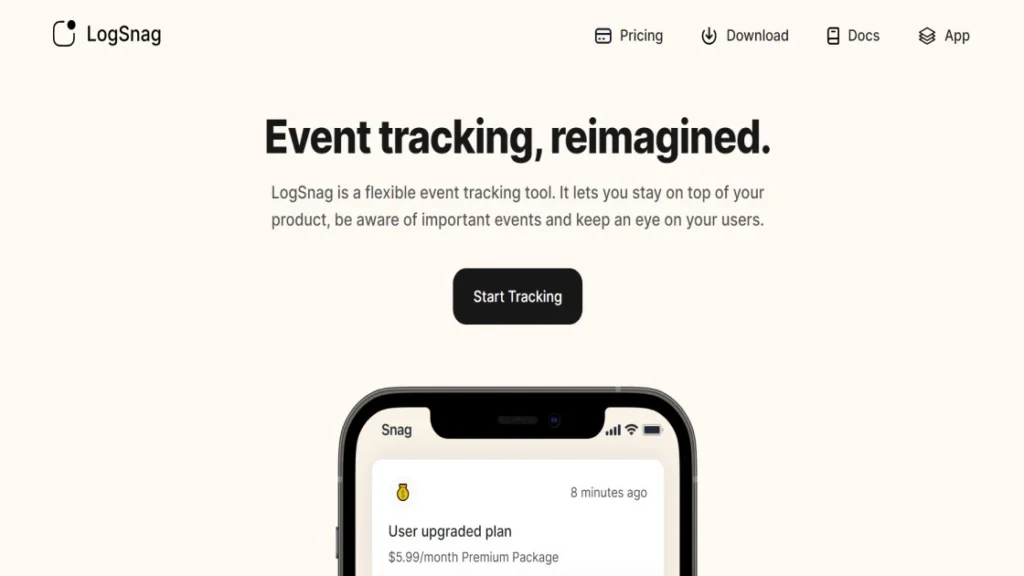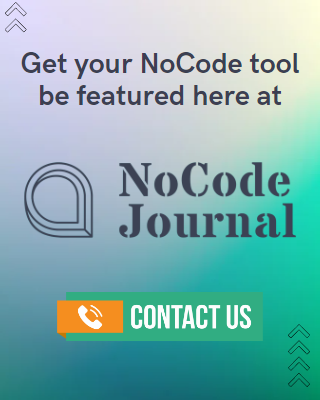Securing NoCode And LowCode Apps
- Manish Balakrishnan
No-code and low-code applications are gaining significance as integral components of any organization’s computing infrastructure. They empower business professionals and individuals without programming expertise to create robust enterprise-level applications.
While this democratization of app development is beneficial, it also raises concerns about individuals without a strong background in integrating security measures into their applications. If you’re concerned about ensuring the security of no-code and low-code apps, there are numerous steps you can take to maximize their security.
Table of Contents
ToggleHere are some tips for enhancing the security of no-code and low-code applications:
1. Prioritize User-Friendly Security Training:
- Ensure that security training is accessible and comprehensible to non-professional developers (Citizen Developers).
- Provide clear guidance on common security pitfalls and best practices within the context of no-code/low-code development.
2. Comprehend Platform Security Limitations:
- Thoroughly understand the security limitations inherent to your chosen no-code/low-code platform.
- Recognize potential vulnerabilities and workarounds specific to the platform.
3. Evaluate Platform Security Capabilities:
- Conduct comprehensive research on the security features and capabilities of your selected no-code/low-code platform before making a purchase decision.
- Look for platform security certifications and customer reviews related to security.
4. Leverage Built-in Security Tools:
- Utilize the built-in security tools and features provided by the no-code/low-code platform.
- These may include authentication mechanisms, data encryption, and access controls. Configure them according to your application’s requirements.
5. Thoroughly Plan Your Application:
- Invest ample time in the planning phase, focusing on security requirements.
- Identify potential security threats and vulnerabilities specific to your application’s functionality.
- Develop a comprehensive security strategy and include it in your project plan.
6. Mentor and Educate Citizen Developers:
- Foster a culture of security awareness among Citizen Developers through mentoring and training programs.
- Encourage them to stay updated on security best practices and emerging threats.
7. Regularly Update and Patch:
- Stay vigilant for platform updates and security patches.
- Ensure your no-code/low-code applications are always running on the latest version to benefit from security improvements.
8. Implement Role-Based Access Control (RBAC):
- Enforce strict role-based access control to limit user permissions.
- Assign privileges based on job roles and responsibilities to minimize the risk of unauthorized access.
9. Continuous Security Testing:
- Incorporate regular security testing into your development lifecycle.
- Conduct vulnerability assessments, penetration testing, and code reviews to identify and address security weaknesses.
10. Monitoring and Incident Response:
- Implement real-time monitoring and logging for your no-code/low-code applications.
- Develop a robust incident response plan to address security breaches promptly and effectively.
11. User Authentication and Multi-Factor Authentication (MFA):
- Implement strong user authentication mechanisms.
- Encourage or enforce the use of multi-factor authentication to enhance user account security.
12. Regular Security Audits:
- Conduct regular security audits and assessments of your no-code/low-code applications.
- Identify and rectify security issues proactively.
13. Collaborate with IT and Security Teams:
- Foster collaboration between Citizen Developers and IT/security teams.
- Ensure that security policies and practices are aligned across the organization.
By following these tips and considering the unique characteristics of no-code and low-code development, you can bolster the security of your applications and mitigate potential risks effectively.
About Zenity
In today’s tech landscape, an increasing number of companies are embracing low-code and no-code tools for app and workflow development. These tools cater to non-technical end users, yet there’s a challenge: many lack awareness of fundamental security and governance principles.
Established in 2021, Zenity, an Israeli startup has developed a solution aimed at ensuring the security of these applications, bridging the knowledge gap and safeguarding organizations from potential risks.
Zenity stands as the pioneering security governance platform tailored for low-code/no-code applications. It establishes a harmonious ecosystem, empowering business and professional developers to drive progress independently. Meanwhile, it enables IT and information security teams to maintain complete oversight and control. In this symbiotic environment, businesses flourish, innovation thrives, and security remains paramount.
How does Zenity work?
Zenity offers a comprehensive app governance and security solution with a user-friendly dashboard designed to provide users with a clear overview of the security status of their self-developed applications. Within this dashboard, users can readily access critical information, making it easier for them to address security issues and optimize their portfolio of custom-built apps.
The dashboard features informative charts that depict the current status of policy violations and risk factors. These visual representations help users quickly assess the security posture of their applications. Additionally, Zenity provides lists of the top policy violations and risky resources, further aiding users in identifying areas that require attention.
One of Zenity’s key strengths lies in its ability to simplify issue resolution. When security issues are detected, the platform can generate notifications with specific details, such as “Anomalous data movement detected” or “Environment mismatch detected.” These notifications not only highlight the problem but also offer a dropdown list of actionable steps to resolve the issues. This feature empowers users to take immediate and informed actions to enhance the security of their self-developed applications.
- Zenity has successfully secured $16.5 million in Series A funding. This funding round was prominently led by Intel Capital and saw continued support from existing investors Vertex Ventures and UpWest, while also welcoming new investors from Gefen Capital and B5. In tandem with this funding milestone, Yoni Greifman, Investment Director at Intel Capital, will assume a position on the board of directors.
- Zenity has recently disclosed a successful $5 million seed funding round, spearheaded by Vertex Ventures and UpWest. This funding initiative attracted the support of various prominent angel investors, such as Gerhard Eschelbeck, the former CISO of Google, and Tom Fisher, the former CIO of SuccessFactors.
Features:
Improving Security: Zenity empowers organizations to bolster their security posture by offering robust features like authentication, authorization, and encryption. These functionalities serve as effective safeguards against unauthorized access to applications and workflows, ensuring the safeguarding of sensitive data. Additionally, Zenity streamlines the secure integration with external systems, thereby mitigating the potential risks associated with security breaches.
Strengthening Governance: A primary emphasis of Zenity lies in upholding effective governance for applications and workflows built through low code and no code tools. Zenity actively tackles governance challenges by offering tools and features that empower organizations to establish and enforce standardized development practices. Through the platform, users can craft reusable components and templates, thereby promoting uniformity across diverse applications and workflows.
About Nokod Security
Established in 2023, Nokod Security empowers organizations to fortify the security of their custom applications developed using low-code/no-code methodologies. Nokod’s platform is adept at identifying low-code/no-code applications, uncovering security concerns, detecting vulnerabilities, and offering automated solutions.
The company’s platform seamlessly integrates security into the entire lifecycle of low-code/no-code custom applications. It shines a spotlight on security issues, vulnerabilities, and compliance risks while also delivering automated remediation capabilities.
Nokod Security has recently disclosed its successful $8 million seed round, earmarked for establishing a strong foothold in the United States market. Additionally, these funds will be allocated to the expansion of the company’s Research and Development teams and to bolster pioneering research efforts focused on security vulnerabilities within the low-code/no-code domain.
The funding was secured from reputable investors, including Acrew Capital, Meron Capital, and Flint Capital, renowned for their track record of successful investments in leading companies across the data protection, software verification, and cybersecurity sectors. Some notable examples include Exabeam, Mitiga, Laminar, Socure, among others.
Key Features:
- Inventory Management: The Nokod security platform offers robust capabilities for creating and maintaining an accurate inventory of no-code applications. It keeps track of all deployed applications, ensuring organizations have complete visibility into their application landscape.
- Auto-Remediation: Nokod’s platform automates the remediation process, swiftly addressing security issues and vulnerabilities. This automation not only enhances security but also significantly reduces response times to potential threats.
- Vulnerability Detection: The platform is equipped with advanced scanning tools that actively detect vulnerabilities within no-code applications. This proactive approach helps organizations identify and address security weaknesses before they can be exploited by malicious actors.
- Malicious Activity Detection: Nokod’s security solution includes sophisticated detection mechanisms for identifying and mitigating malicious activities within no-code applications. This feature is critical in safeguarding sensitive data and preventing security breaches.
- Streamlined Security Integration: Nokod seamlessly integrates security into the entire lifecycle of no-code applications. It ensures that security considerations are an integral part of the development process, reducing risks and compliance issues.
By offering these comprehensive features, Nokod Security empowers businesses to strengthen the security posture of their no-code applications. This is particularly important in today’s digital landscape, where the rapid adoption of no-code technologies has created new challenges and security risks. Nokod’s platform not only helps organizations detect and address vulnerabilities but also fosters a proactive security culture, ultimately enhancing the protection of sensitive data and ensuring compliance with industry standards and regulations.
Conclusion
Securing no-code and low-code apps is a vital aspect of application development. While these platforms offer speed and accessibility, they also come with unique security challenges. By following best practices, staying informed about security trends, and investing in security education, organizations can harness the power of no-code and low-code development while keeping their applications safe from potential threats. Remember, security is a shared responsibility, and everyone involved in the development process plays a crucial role in safeguarding your applications and data.
Share
follow us
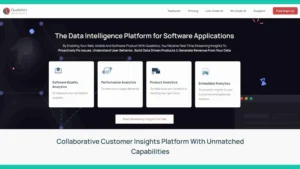
NoCode Tool: Qualetics

NoCode Tool: Predibot

Women In The NoCode Space – Edition 2
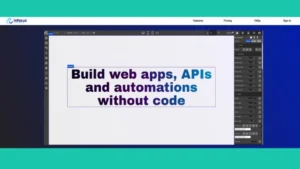
NoCode Tool: InHouzCloud
Explore related posts
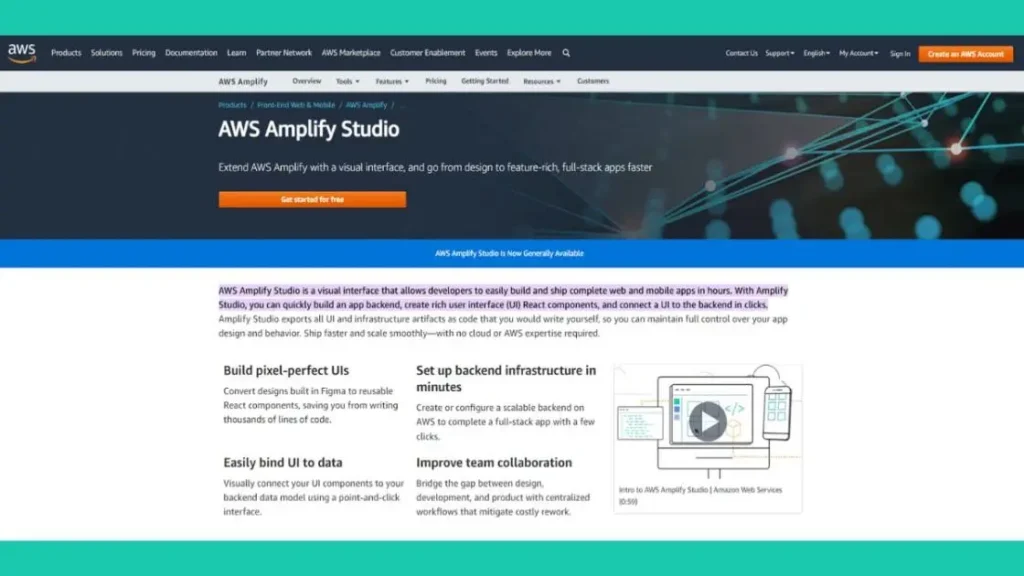
NoCode Tool: Amplify Studio
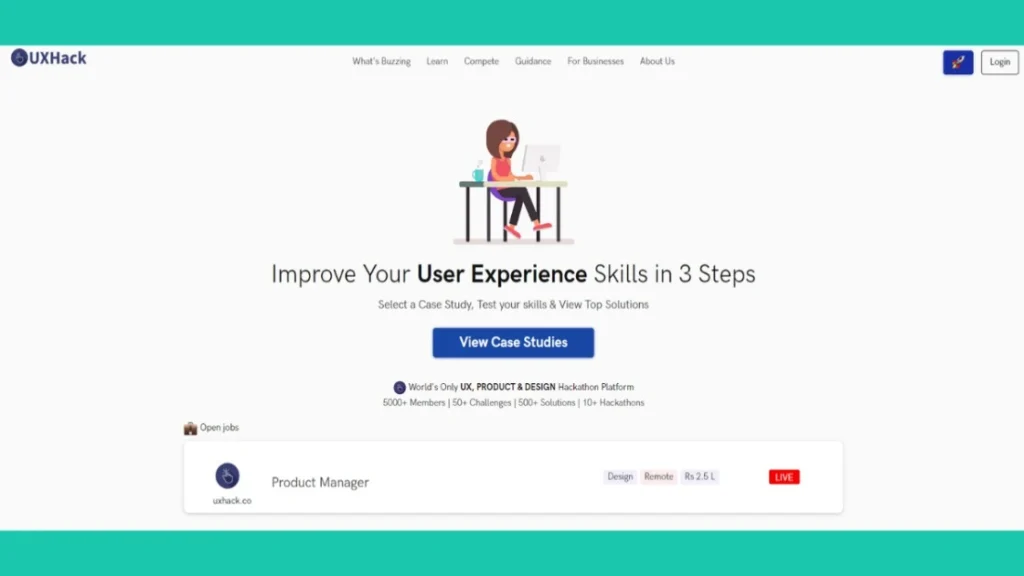
NoCode Tool: UXhack
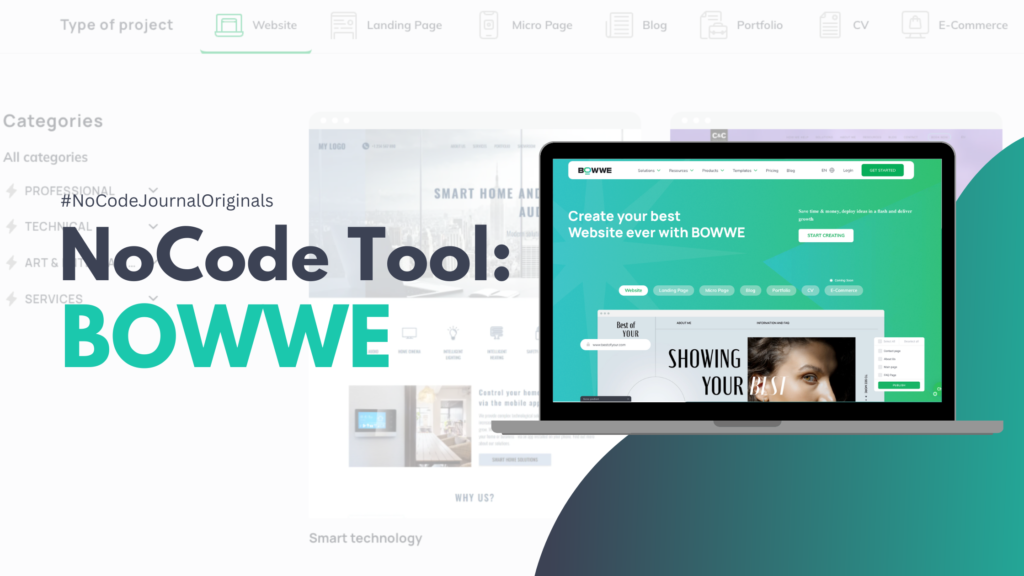
NoCode Tool: BOWWE
